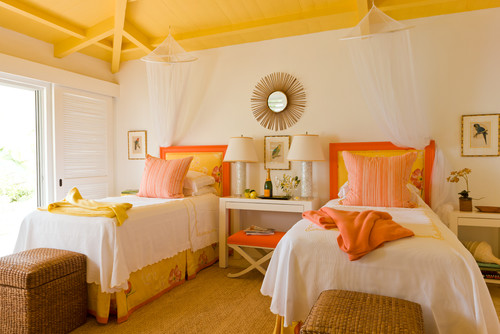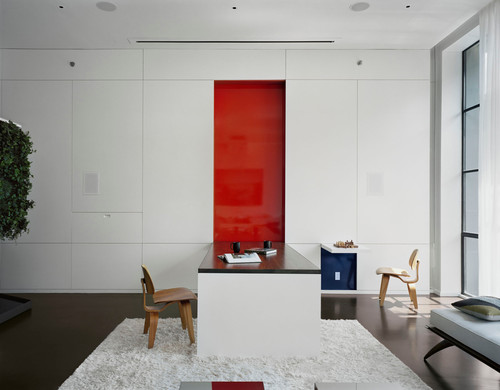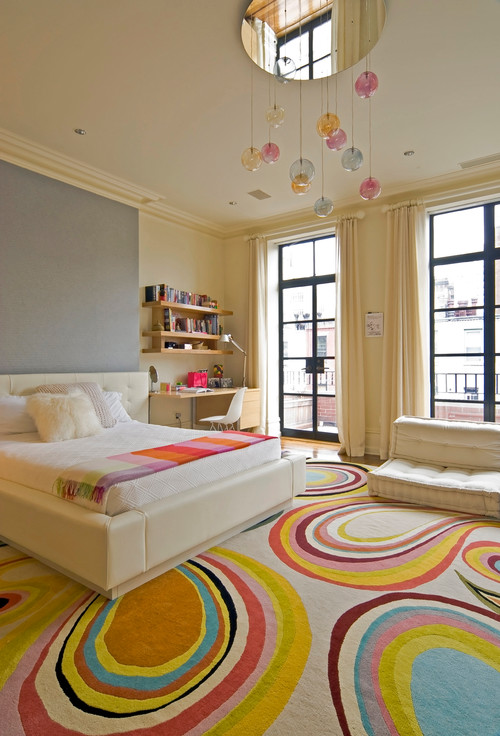Colourful
Spaces! The significance of colours in
Interior design
What is colour?
It is our visual perception of
light that is either reflected or absorbed by an object or surface.
We are surrounded by a myriad of
colours in nature - Colours that stimulate, excite, tranquilize or depress us. These
exact emotions can be recreated in the spaces we inhabit, when we use the
correct colour palette.
Our personal and cultural
associations also affect our experience of colour. For example, Warm colours like orange and red are linked
to the vibrancy and intensity of the sun and fire. A cool colour like blue is related
to the serenity and calmness of the sea.
What role does Colour play in
Interior design?
As Antoni Gaudi said “Colour in certain places has the
great value of making the outlines and structural planes seem more energetic.”
Colours in Interior design is
used to create.
Harmony in design – An apt colour palette that is Complementary, Analogous or Monochromatic is very essential for a visually pleasing space.
An ambience – Royal Purples can be used to
create a rich & luxurious feel in a plush living room. A foyer can be made
energetic with the use of vibrant Yellows.
A point of focus – One wall in a space can be treated with an accent
colour like red or cobalt blue to arrest one’s attention.
A perception of volume – Cool passive colours
like blue & green create feeling of spaciousness, like in a Spa. Warm
active colours like red & deep orange make a space look cozy, like in a
Café.
The character or theme – A neutral colour like
black & grey projects elegance & sophistication, for example a showroom
for high end bikes. Colours like Pale pinks & mauves emphasizes feminity,
which would be appropriate for a nursery or a girl’s room.
Photo by McQuin Partnership Interior Design - More kid's room photos
Let me
leave you with a few nomenclatures associated with colours.









Comments
Post a Comment